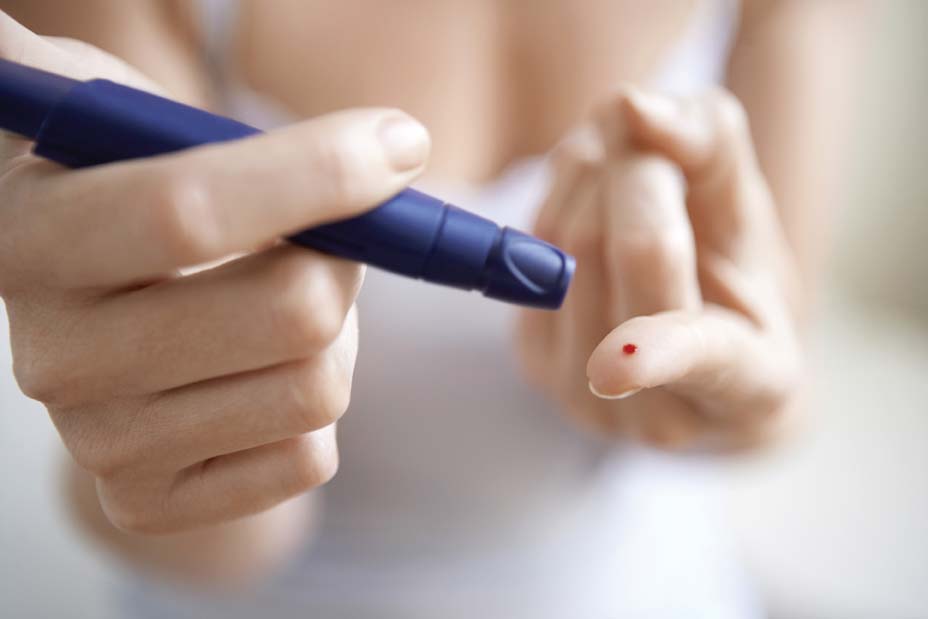We know that 29 million Americans have diabetes, up from the previous estimate of 26 million in 2010. We also know that one out of four people with diabetes is unaware that he or she has the disease. If left undiagnosed or untreated, diabetes can lead to serious health problems, including heart attack and stroke. That’s why the National Diabetes Education Program (NDEP), a joint program of the National Institutes of Health (NIH) and the Centers for Disease Control and Prevention (CDC), wants people with diabetes to understand that having diabetes increases their chances for heart disease.
The good news is that people diagnosed with the illness can lower their chances of developing diabetes-related heart problems by managing their diabetes ABCs. These include:
• A for the A1C test (A-one-C). This is a blood test that measures a person’s average blood sugar (glucose) level over the past three months.
• B for blood pressure.
• C for cholesterol.
• S for stop smoking.
If you have diabetes, your ABC goals will depend on how long you have had the disease and any other health problems you may have. The important message to remember is that taking care of your diabetes can also help you take care of your heart. Simply put, we want you to Be Smart About Your Heart: Control the ABCs of Diabetes.
We also know that 86 million Americans (more than one in three U.S. adults) have prediabetes, a condition where blood sugar levels are higher than normal, but not high enough to be diagnosed as diabetes. Having prediabetes puts you at a higher risk for type-2 diabetes. It also puts you at risk for a heart attack and stroke. If you have prediabetes, you can delay or prevent the development of type-2 diabetes by making simple but important lifestyle changes.
For instance, losing just 7 percent of your body weight (about 15 pounds if you weigh 200 pounds) and being more physically active (walking 30 minutes a day at least five days a week) reduces your chances of developing type-2 diabetes by more than half. Whether you have diabetes or prediabetes, there are similar lifestyle changes that can go a long way to prevent or delay health problems. For example:
• Choose healthy foods such as fruits and vegetables; fish, chicken, and turkey without the skin; dry beans and peas; whole grains; and low-fat skim dairy products.
• Drink water instead of juices or sodas.
• When eating a meal, fill half of your plate with fruits and vegetables; one quarter with a lean protein, such as beans or skinless chicken or turkey; and one quarter with a whole grain, such as brown rice or whole wheat pasta.



Comments